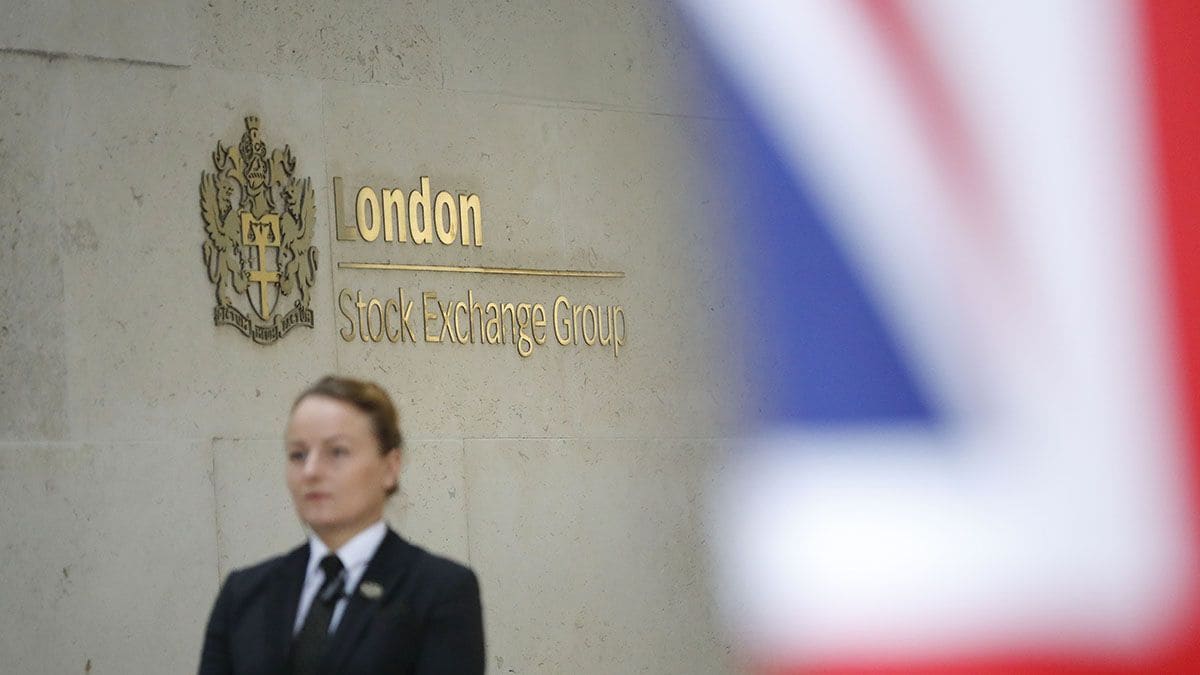A weekly run through of the key UK and US indices, from Opto.
FTSE 100
The FTSE 100 ended a five-day losing streak on Tuesday 29 January – the longest bear run in a year – and has maintained momentum since, gaining 4.3% in the following five days of trading. Reaching a high for the year so far, the index is now up 4.6% in 2019 as of Monday 4 February.
“The FTSE 100 has been broadly pushing higher since late December, and a break above 7,000 might bring 7,145 into play. Support might be found at 6,859 (50-day moving average),” comments David Madden, analyst at CMC Markets.
“The FTSE 100 has been broadly pushing higher since late December, and a break above 7,000 might bring 7,145 into play. Support might be found at 6,859 (50-day moving average)” - CMC Markets analyst
Despite continued Brexit uncertainty, the index was buoyed by a string of positive earning results. After beating analysts’ expectations, Diageo [DGE] gained more than 6% across the three days following its report for H2 2018 on 31 January. Royal Dutch Shell [RDSB] bounced more that 6.5% in the same period after also reporting strong earnings.
Other gainers across the week include Ocado [OCDO] and Money Supermarket [MONY]. There was however disappointments for BT [BT], Hargreaves Lansdown [HL] and Unilever [ULVR], which all dropped after reporting results below expectations, although the latter has since rebounded 3.7% across Friday 1 and Monday 4 February.
Traders and investors will now be awaiting a resolution to the Government’s Brexit deadlock in order to see the gains continue.
S&P 500
After the week ending 25 January saw an end to the index’s 2019 winning streak, the S&P 500 bounced back in the week ending 1 February, gaining a moderate 1.5%.
The upturn was aided by gains following earning results from Apple [AAPL], which climbed 5.55%, Mastercard [MA] which jumped 5.5% and Facebook [FB], which rallied more than 11% through the week.
But despite the upturn, the 40-day moving average for the index dropped further to 2586.42, an indicator that needs to be broken through to achieve a sustained rally, argues Stephen Suttmeier, Bank of America’s chief equity technical strategist.
Suttmeier told CNBC he believes the market is still in correction, with a further pull-back expected before a full upturn. “My guess is we form a higher low above 2346 [40-day MVA],” he said.
“My guess is we form a higher low above 2346 [40-day MVA]” - B
Dow Jones
The Dow Jones has continued to lead the US markets in 2019, ending the week 1.32% up, with the index receiving a boost from a robust US jobs report which saw a gain of 304k jobs in January 2019.
The possibility of higher gains in the index is however being stymied by the lack of a deal to end the US-China trade war, with an increase in tariffs on Chinese imports set to come into force on 1 March, a measure which would be met with reprisals on US goods from Beijing.
President Trump has said no deal will be reached until he meets with Chinese President Xi Jinping.
On the earnings side, the composite was buoyed by releases by oil companies, with Exxon Mobil [XOM] and Chevron [CVX] gaining 5.85% and 4.54% respectively.
5.85% Increase in Exxon Mobil's share price following its Q4 earnings announcement
Nasdaq
A mixed week for the Nasdaq, with Facebook gaining after reporting the final quarter of 2018 as its most profitable ever, whilst Amazon [AMZN] dipped despite a positive performance in the previous quarter, due to lower than expected projections for Q1 2019. Tesla [TSLA] meanwhile saw moderate gains after reporting, while Alibaba [BABA] popped 5.5%. The composite closed the week ending 1 Feb up 1.7%.
Many analysts are expecting good things from the tech stocks that dominate the composite for the remainder of February, with analysts raising price targets for the likes of Salesforce.com [CRM] and Adobe [ADBE] ahead of earning reports later this month.
5.5% Alibaba stock gains following its fiscal Q3 earnings announcement
Like the Dow, the tech-heavy index will also be aided by a breakthrough in the US-China trade war, with companies like Apple heavily dependent on both Chinese buyers and manufacturing.
Tech is also a key battleground in reaching a deal, with the US accusing China of furthering its tech knowledge by obtaining trade secrets from US companies through coercion and theft. Many US tech companies now see the trade talks as a way of shoring up defences against Chinese tech upstarts.
Continue reading for FREE
- Includes free newsletter updates, unsubscribe anytime. Privacy policy





